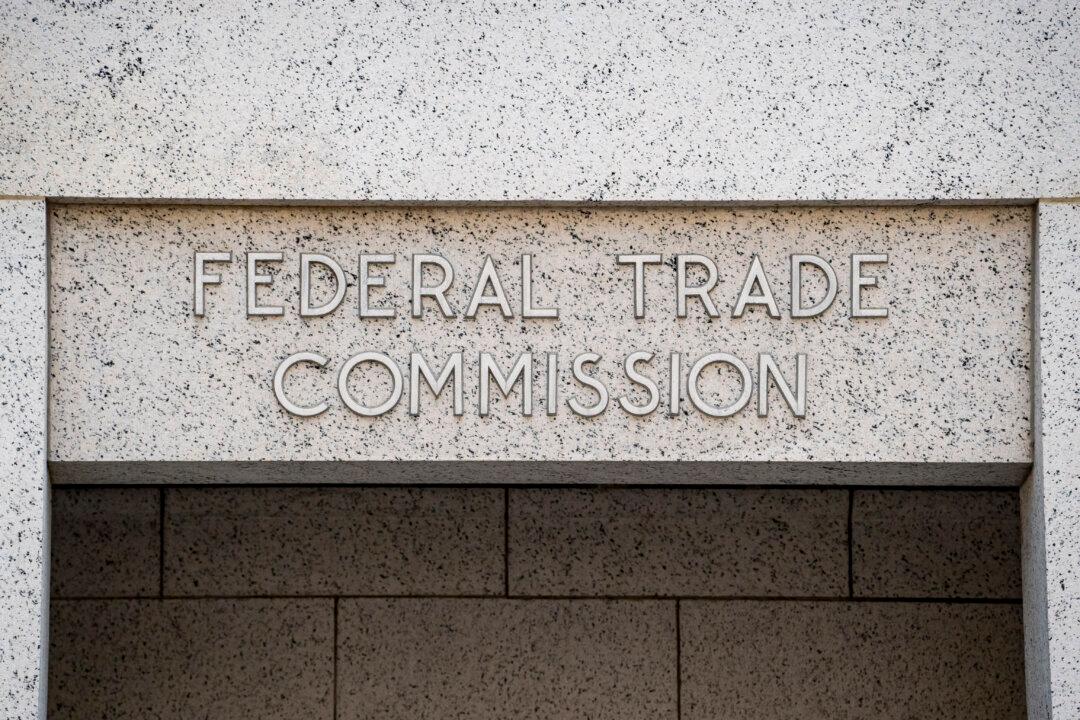The U.S. Federal Trade Commission (FTC) will distribute more than $1 million in refunds to customers who were allegedly duped into buying “deceptively marketed” face masks during the pandemic.
The payouts come from action taken by the federal agency against Razer Inc. in April 2024, “alleging that the company falsely advertised its Zephyr masks as N95 or N95-equivalent,” according to a Jan. 13 FTC statement.





